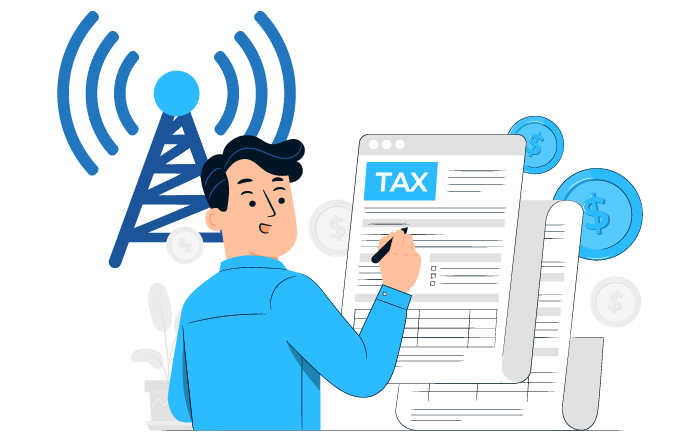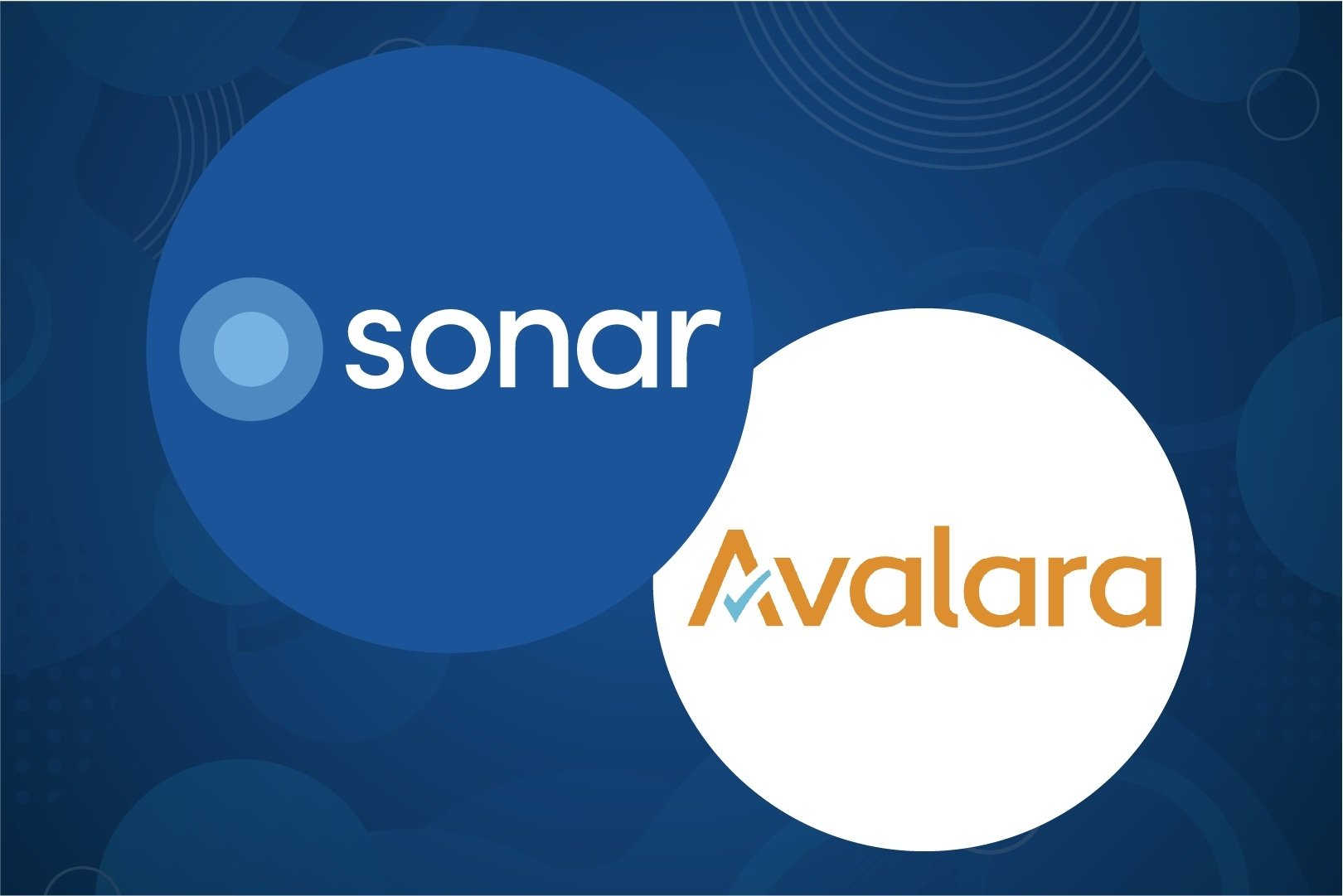Streamlining Tax Compliance: How ISPs Can Simplify Tax Automation
Internet Service Providers face the complex challenge of navigating tax compliance across numerous jurisdictions, especially as services...
2 min read
 Georgette Lopez-Aguado
:
Apr 24, 2025
Georgette Lopez-Aguado
:
Apr 24, 2025

As someone who works closely with ISPs every day, I’ve seen firsthand how overwhelming tax compliance can become—especially as providers grow, expand into new geographies, and offer bundled services. That’s why I was excited to join a recent Fiber Broadband Association webinar alongside our partners at Avalara to unpack one of the most pressing (and often misunderstood) operational challenges ISPs face: communications tax compliance.
During the session, we explored why the tax landscape is so complex for ISPs, where many businesses struggle, and how automation is transforming compliance from a liability into a strategic advantage. Whether you’re an operations manager, a CFO, or part of an implementation team, this recap will help clarify what’s at stake—and what solutions are available.
At the heart of the problem lies a simple truth: telecommunications tax is unlike any other. Unlike general sales and use tax, which is relatively straightforward, telecom tax spans more than 13,000 U.S. jurisdictions, and that’s just the beginning.
Depending on the service (voice, video, data), customer type (residential, business, government), and location (city, county, state), multiple layers of tax may apply to a single transaction. One voice line item on an invoice in California, for example, might be subject to 13 different taxes.
The complications don’t stop there:
Different services = different tax outcomes
Varied rules for different customer types
Non-unified jurisdiction boundaries (e.g., Florida and Kentucky treat communication tax zones differently than sales tax zones)
Rate structures based on lines, minutes, or usage, not just percentages
Calculating the right tax is just the start. Those calculations translate into returns, thousands of them which need to be filed accurately and on time. Providers dealing with multiple states face:
Monthly, quarterly, and annual filing requirements
Specific invoice presentation rules
Constantly changing forms and remittance schedules
Even small errors can lead to penalties, audits, and brand damage. And staying up to date is no small task: tax rules change monthly, and many providers are left scrambling to keep up.
Panelists from Avalara emphasized that manual compliance simply isn't viable anymore. It’s not just about speed, it’s about accuracy, audit readiness, and scalability.
Key automation benefits discussed include:
Real-time tax calculation across jurisdictions and services
Automatic application of exemption certificates
Pre-built integrations with billing platforms (like Sonar) to reduce IT overhead
Automated return preparation, filing, and remittance
Audit-ready record keeping and granular reporting
In an environment where products change, geographies expand, and regulations shift, automation is not a luxury, it’s a necessity.
One of the most enlightening parts of the webinar came from the deep dive into analytics and reporting. Beyond compliance, automated systems offer:
Granular visibility into tax liabilities by jurisdiction and service
Trend tracking and variance analysis
Forecasting for tax exposure and new market entry
Integration of tax data into operational KPIs
This data isn't just for tax teams, it's essential for executive decision-making, expansion planning, and customer experience design.
The webinar wrapped with research from Avalara and Forrester on what ISPs are struggling with most:
Difficulty mapping services to tax rules
Lack of internal tax expertise
Struggles with exemption tracking
Risk of filing the wrong tax (e.g., sales tax instead of communications tax)
Miscalculations on bundled services
In fact, 89% of ISPs reported having some level of fear around taxes, with concerns spanning from missed filings to unexpected audits.
For ISPs, especially those scaling rapidly or entering new markets, tax compliance must move from an afterthought to a strategic priority. As the panelists noted, the companies that automate early gain more than efficiency—they gain clarity, control, and confidence.
Whether you're a rural ISP expanding coverage, a WISP bundling new services, or a fiber network operator entering new states, proactive compliance isn’t just about avoiding penalties—it’s about enabling growth.

Internet Service Providers face the complex challenge of navigating tax compliance across numerous jurisdictions, especially as services...

3 min read
Taxation in the telecommunications industry is a complicated topic. A common misconception with taxation is that no taxes are due because no...

FRISCO, Texas, September 27th, 2023 – Sonar Software, an award-winning BSS and OSS solution for internet service providers, today announced it has...